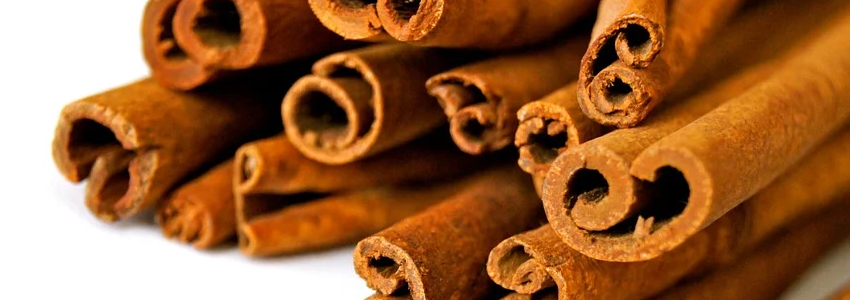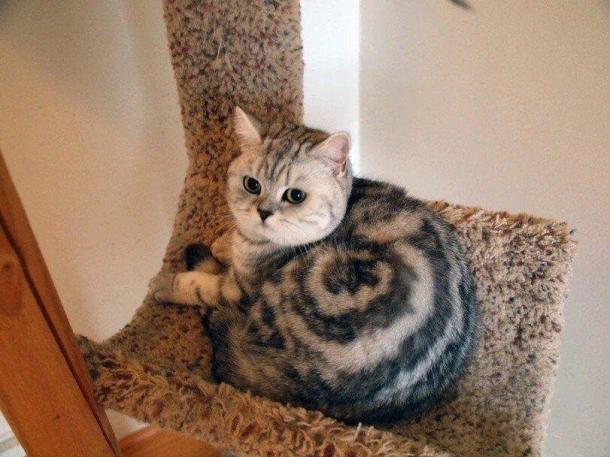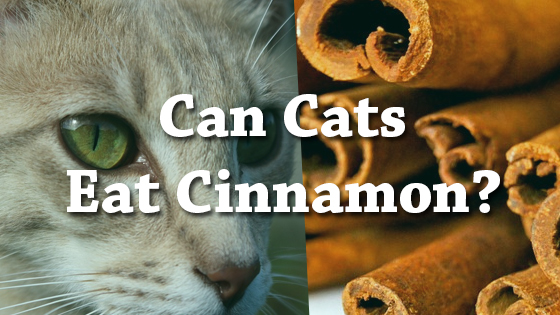We much as we love to hate their attitude, there is no denying that cats have their charm, from their nonchalant attitude to their sudden bursts of affection, to the fact you just can’t seem to say no to any of their demands, hats not to love. And they make a great pet. Low maintenance and incredibly adorable, there’s no better combination.
However, just like you would have to for any pet, you will have to take care of their diet. Cats have some dietary requirements and certain restrictions on what they can’t eat to stay healthy. You’ll have to know what not to feed them in particular because cats can be very convincing when it comes to getting what they want, especially in terms of food.
So here’s a comprehensive guide on what cats can and can’t eat, including things such as cinnamon that you wouldn’t have thought of otherwise.
The basic diet guide

Cats are, for all terms and purposes, carnivores, which means that their source of nutrients is in animal products. They need high levels of protein, average amounts of fat, and not too many carbs.
Commercial cat food comes in different forms, such as dry food and wet food.
Dry food comes in the form of biscuits or kibble. The ingredients used to make dry food include:
- Meat or meat products
- Grain or grain products
- Poultry or poultry products
- Milk products
- Mineral and vitamin supplements
The kibble is also coated with flavor enhancers to make the food more appealing for cats. However, it is not advisable to feed your cat only dry food. While convenient as you can leave it out without fear of it going bad and is inexpensive, kibble only contains 6-10% water, which isn’t necessarily enough for your cat and can cause digestion problems.
Wet food, which is usually in the form of canned food, contains up to 75% water, which makes it a good source of water for your cats. Highly palatable with a range of flavors to satisfy even your picky eater cats, most canned food contains the necessary dietary requirements needed. Canned food does have a long shelf life; however, once you open a can, make sure to refrigerate the food.
Homemade Meals

This is where the real question arises: what can I mix into homemade meals that are safe for my cat? Cats are picky eaters, and when you’re making them homemade meals so you’ll be tempted to mix anything and everything to satisfy their taste pallet. However, these are foods that will be dangerous for your cat and should be avoided at all costs:
- Onions, garlic, and scallions should be avoided as they can lead to anemia. Dangerous in large portions as well as in concentrated forms such as in soup mix or powder form.
- Raw eggs, just like in humans, can lead to salmonella or E. coli in cats as well. The enzymes in raw eggs can also lead to skin and fur coat problems. Similarly, avoid giving your cat raw bones to chew on as it can lead to your cat choking on them or can even cause mouth injuries.
- You’ve probably heard that chocolate is fatal to dogs, but the same is true for cats as well.
- Alcohol is also harmful to cats and can cause them to go into a coma and even die.
- You’ll be surprised to know that cats are lactose intolerant, and thus milk and dairy products should be avoided.
Can I feed my cat Cinnamon?

Humans love their dose of cinnamon. The perfect mixture of sweet and spice and a healthy option, we mix it in practically everything from pasta to desserts, to popcorn and even raw fruit. Since there is such heavy use of cinnamon, most cat owners worry, if they leave their cinnamon-infused food out in their cat’s reach, will that be a problem for their feline buddy?
There’s no need to worry. Cats can eat cinnamon, however, in moderate amounts. And by moderate amounts, we mean you can secretly slip a piece of cinnamon-flavored pie under the table to your cat or let your cat lick a bowl that may have cinnamon remnants in it without panicking.
However, by no means does it mean that you should include cinnamon in their regular diet. While studies have shown that cinnamon is great for humans and their health, there is no conclusive result for felines. Rather it can lead to adverse reactions, which will only result in a trip to the vet (and your cat-hating you forever).
FAQS:

What kind of adverse effects does cinnamon have on cats?
Common complaints include sensitization and irritation, blisters on your cat’s feet or in its mouth, fall in sugar levels, liver diseases, and a nasty cough.
Is cinnamon only to be avoided in food?
Cinnamon is any form that should be kept away from cats. Whether it is in the form of powder, essential oils, dry sticks, diffusers, or decoration plants, they are all bad for your cat.
Can I use cinnamon as a remedy for my cat?
Again, we can’t stress enough the word moderation. Using cinnamon on a rare occasion and in small amounts is still okay. Regular use is not.
Conclusion:
There are a whole lot of food items that can be fed to your cats to satisfy their taste pallet. Most canned food is not only healthy but also is the perfect mixture of all the nutritional needs. However, if you feel extra love for your cat and want to make their food yourself, remember their dietary needs and also remember that what’s good for you might not necessarily be good for your cat. And that should also be the premise for you to make sure your house, from the dishes you leave out to the places you store your food and the decorations you put up, should be cat friendly. Happy feeding!
